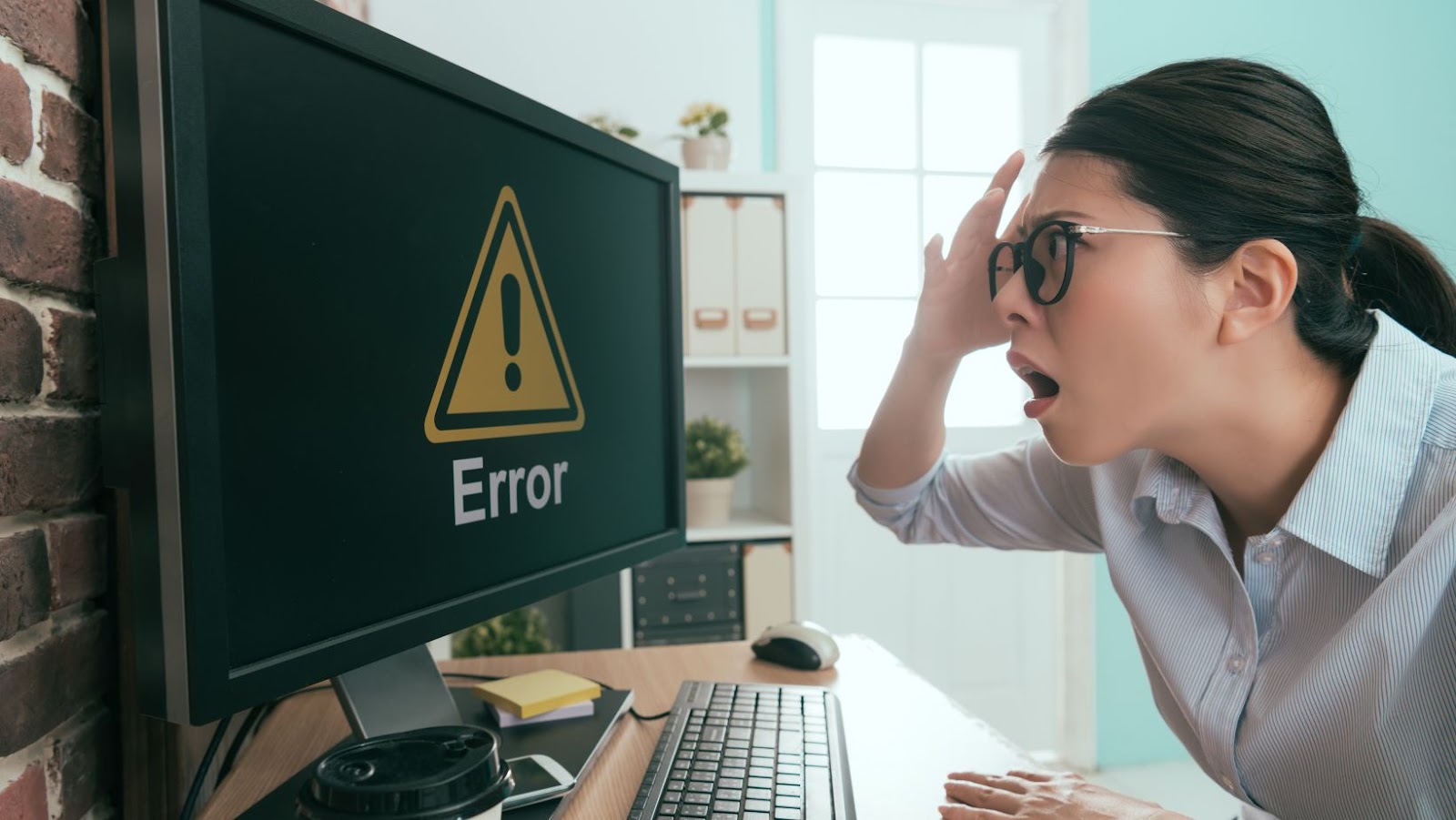As a computer owner, you are likely to run into various issues. A lot depends on how much effort you put into maintaining the device in good condition. Still, even those who are tech-savvy and understand the importance of maintenance cannot avoid specific issues.
Expecting a computer to last and perform without faults is foolish. But unfortunately, what applies to other digital devices also applies to laptops and PCs.
What matters is that you know how to counter specific issues. This article aims to describe common computer problems and ways to deal with them.
Random Pop-Ups and Other Security Breaches
Security of your computer should be one of the priorities. You risk losing data, which can prove quite problematic, particularly if you do not bother backing up files regularly.
Sure, one could argue that recovery tools exist, but can you guarantee that such software is enough to restore lost data? Unlikely.
Keeping an eye on the computer and how it acts is one of the ways to identify malware and other security issues. For instance, you might see random pop-ups not just on the internet browser but on the computer itself.
In such cases, the best way to counter the problem is to use reliable antivirus software to scan the system and eliminate corrupted data. And if that does not help, you will likely need to reinstall the operating system.

Lack of Storage
Even though there are more ways than you expect if we are talking about dealing with storage issues on a computer, plenty of users still end up with the problem.
It does not take too long to notice that only a few gigabytes of free storage are left on the computer’s drive. And since it is recommended that at least 20 percent of the industry be free, it should be clear why those few gigabytes will not cut it.
If removing redundant data is not enough, consider what else leads to too much drive clutter. For example, perhaps you like to hoard large media files instead of consuming them on streaming platforms? Or maybe you install too many video games and do not bother finishing them?
Transferring some files to external storage is a worthwhile suggestion as well. Whether you pick an external HDD or cloud storage, both are solid options.
Memory Leaks

After using a computer for a while without taking breaks, you might notice that the overall device performance feels sluggish.
One of the reasons behind this is that the device is dealing with memory leaks. Therefore, you need to restart the computer and let the system adjust itself to no longer distribute the computer’s memory incorrectly.
Of course, there might be more than just memory leaks slowing the device’s speed. Redundant background processes, lack of system updates, and even the paucity mentioned above of storage problems also affect the performance negatively.
Slow Internet Browser
If the sluggishness you encounter is not related to the computer but rather the internet browser you use, solving the problem is a bit easier because you have fewer things to go through.
The likeliest source of the problem is too many extensions on the browser. If you are using Google Chrome, keep an eye on the browser extensions you add over time. Overburdening the browser with too many will accelerate resource consumption.
Chrome is already notorious for its memory demands, and if you have multiple tabs opened while also running the extensions, it is to be expected that the browser will underperform.
So, the first course of action is to disable redundant browser extensions. Next, you want to clear the cache and check whether the browser runs the latest version. Missing updates affect the performance as well, so keep that in mind. And remember that it applies not just to the browser but to other software you run on the device.
FPS Drops in Video Games
It is no secret that video games are a popular pastime, and many people invest money in powerful computer hardware to enjoy video games to the fullest.
However, there are instances when even a decent computer (hardware-wise) shows signs of technical issues when you are gaming.
Pinpointing the root cause is quite tricky since so many variables are considered. The issue might be hardware-related, and unless you know how to fix it yourself, the odds are you will need to seek professional help.
Too much dust inside the computer is also a typical example of a problem causing FPS drops and other issues while you play video games. If you notice overheating and loud noises coming from the internal fans and the gaming issues you are already experiencing, prioritize cleaning the dust inside the device.